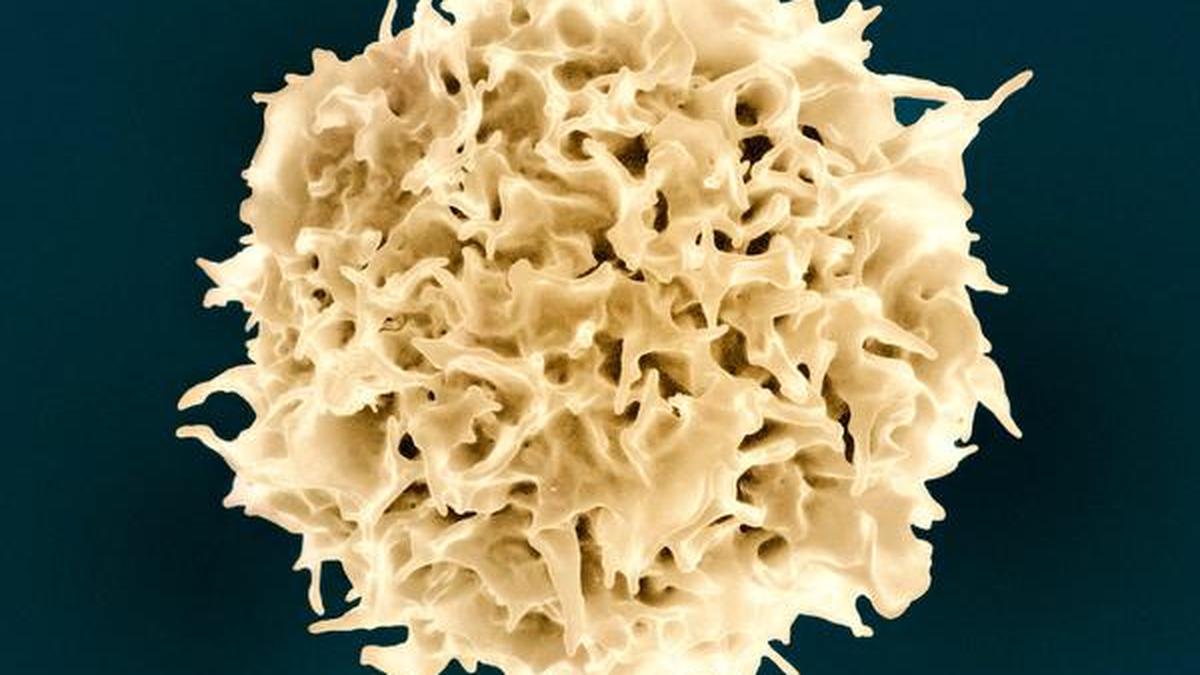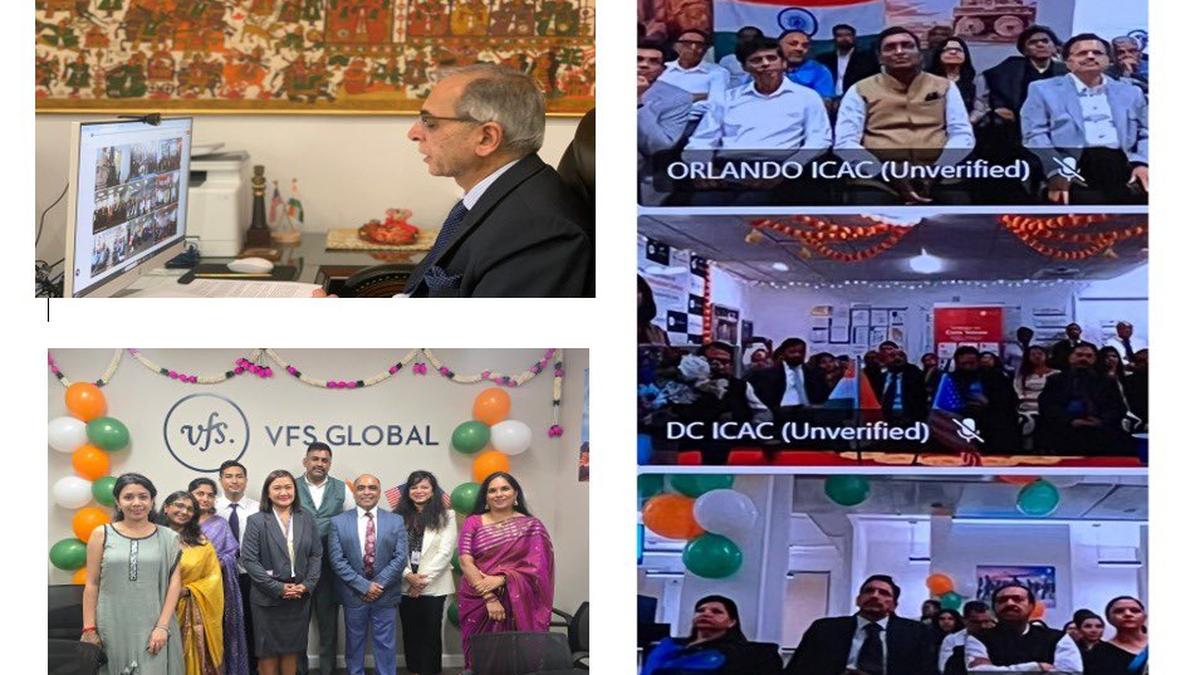Now Reading: AI-Engineered Proteins Unlock New Path for Immune Cell Generation
-
01
AI-Engineered Proteins Unlock New Path for Immune Cell Generation
AI-Engineered Proteins Unlock New Path for Immune Cell Generation

Fast Summary
- Harvard scientists have leveraged artificial intelligence (AI) to design proteins that significantly enhance immune cell production for combatting diseases like cancer and viral infections.
- The research focused on activating the Notch signalling pathway, a critical mechanism for T cell development, which hasn’t had effective activators until now.
- A synthetic activator of Notch signalling was developed using AI-driven protein design tools, contributing to T cell production at scale in laboratory bioreactors.
- These advancements are expected to improve Chimeric Antigen Receptor (CAR) T-cell-based immunotherapies widely used in cancer treatment.
- When tested on mice during vaccinations, the technology showed enhanced immune responses by increasing memory T cells necessary for long-term immunity.
- Dr. Rubul Mout from Assam led the initiative under Harvard’s Stem Cell & Regenerative Biology Program with collaboration from 23 other global scientists,including Nobel laureate David Baker and George Daley from Harvard Medical School.
Indian Opinion Analysis
This breakthrough highlights India’s growing presence in global scientific innovation through contributors like Dr. Rubul Mout. With AI-designed proteins enabling scalable immune cell production and improving therapeutic strategies for diseases like cancer, this research has transformative implications. The ability to augment memory T cells could revolutionize vaccine efficiency and bolster India’s own immunotherapy capabilities amidst rising healthcare demands.If successfully adapted for humans following clinical trials, these advancements could present cost-effective solutions for india’s overburdened healthcare system by improving outcomes in oncology treatments such as CAR-T therapy. Moreover, as India expands its role in biotechnology R&D globally, cutting-edge collaborations of this kind can inspire greater international cooperation.
Read more here.























